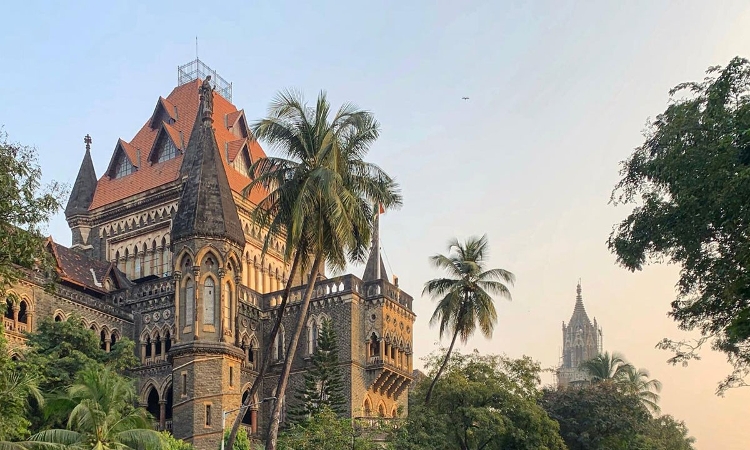Transit Buildings Inherently Temporary Structures, Cannot Be Repaired Or Made Permanent: Bombay High Court
Amisha Shrivastava
29 Aug 2023 10:50 AM IST

Next Story
29 Aug 2023 10:50 AM IST
The Bombay High Court recently held that transit buildings cannot be repaired or made permanent since they are inherently temporary and designed for short-term use.The division bench of Justice G.S Patel and Justice Kamal Khata added that these buildings were not subject to structural audit regulations.“Transit buildings are by the very nature of their construction and by structural...
